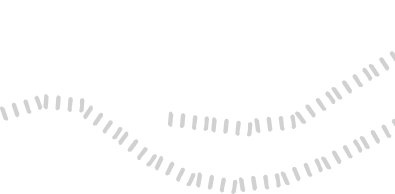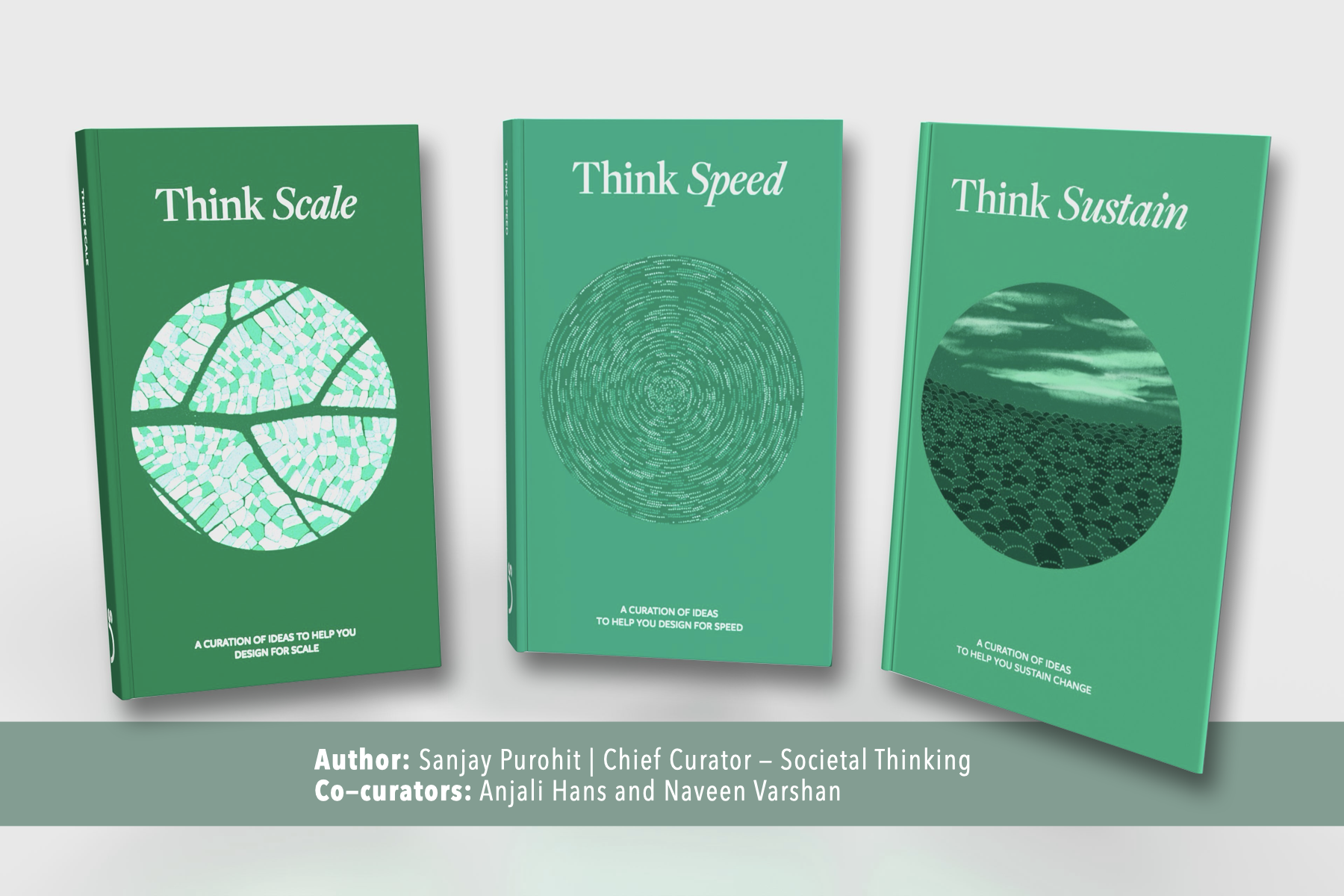Societal Exponents- Meaning, Types & Value
Societal Exponents are tools that can transform a linear growth curve into an exponential growth curve, faster. They are reusable building blocks that, when reassembled, can solve a completely new problem in a completely new context and at a low cost and higher speed than building a new solution from scratch.





